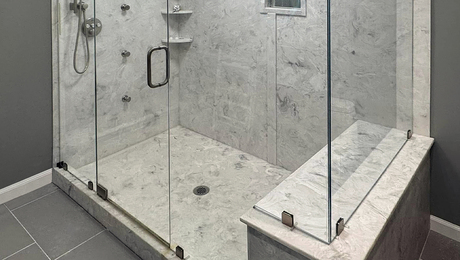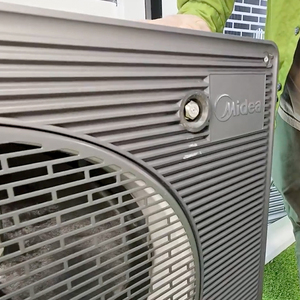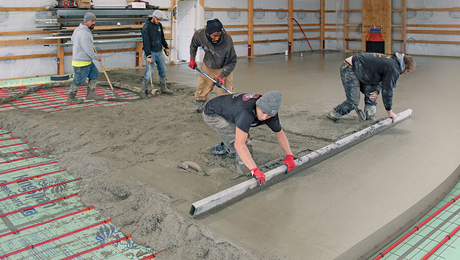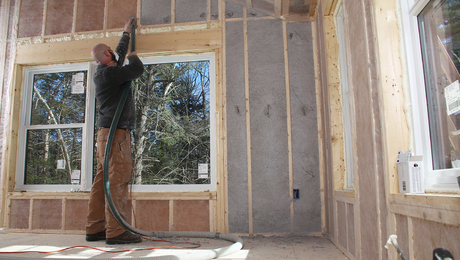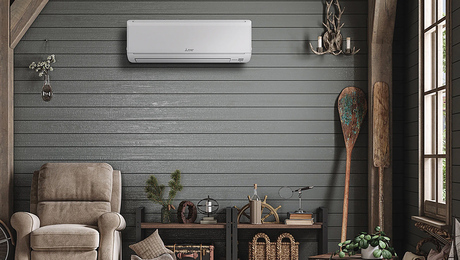Q:
I recently installed hot-water baseboard heat in a finished-basement apartment. The apartment is on a separate zone, and the supply and return lines run through 70 ft. of wall along the foundation. This past winter, the zone valve froze and sprung a leak. I replaced the valve, and after filling and bleeding the system with antifreeze, I finished the heating season. Over the past three months, I’ve noticed a drop in the system’s pressure, but there is no evidence of a leak anywhere in the apartment. Is there any way to locate the leak without tearing out the whole wall and inspecting every inch of pipe? Can I just add boiler sealer to the system?
J. G. Thompson, Dover Plains, NY
A:
Joe Carmody, the Plumbing Doctor of South Kingston, Rhode Island, replies: Your first task is determining how much pressure has been lost and whether the loss of pressure is from the whole system or just from the new basement zone. If you find that the leak is in the basement zone, I recommend isolating and draining the zone and then performing an air-pressure test. You’ll need to install a pressure gauge in the system to see if pressure drops. When the system is pressurized, any leak will cause a whistling sound, which will help to pinpoint its location. It’s hard to tell if boiler seal would correct the problem. If you choose to try it, only add as much as recommended by the manufacturer.
If the problem is not located in the basement zone, you’ll need to test the rest of the heating system. From my experience, the most common pressure leaks are from relief valves or auto vents weeping. Last, check the circulator bracket assemblies and boiler sections. Leaks that are in these places are hard to detect because their leakage evaporates quickly.
